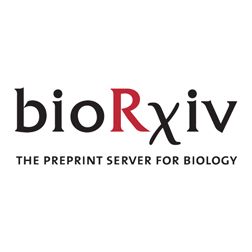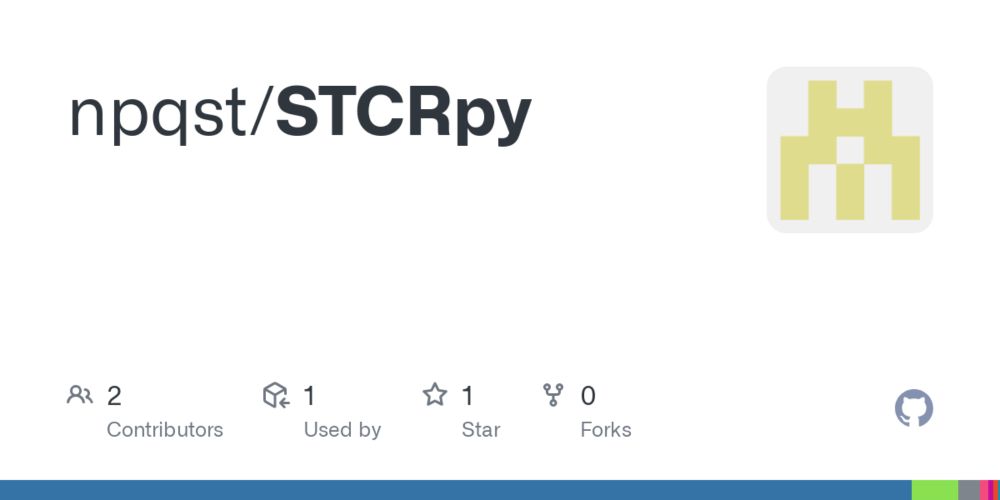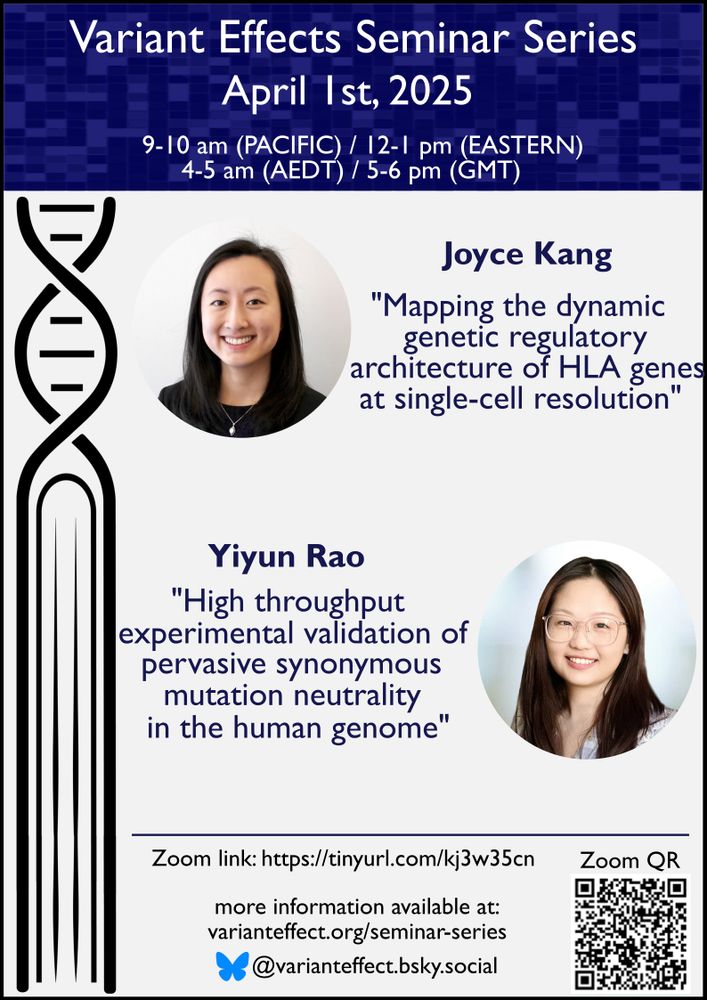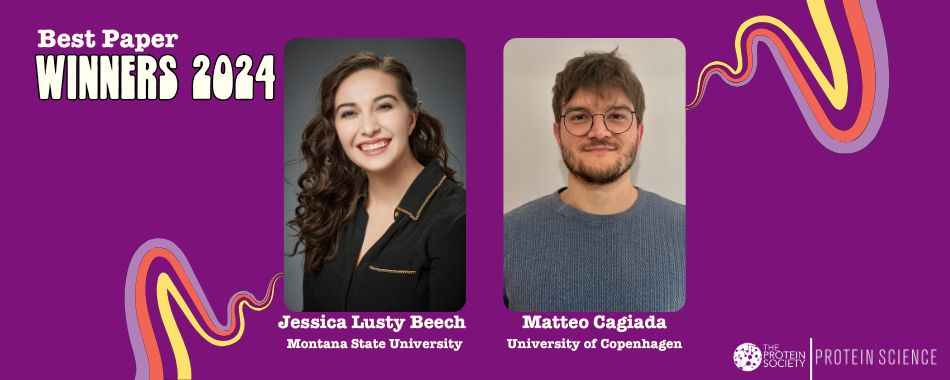

We chatted about grant cancellations, exciting regional meetings and reunions, two fun new preprints, community norms around code release, and the importance of giving kudos. @fraserlab.com
We chatted about grant cancellations, exciting regional meetings and reunions, two fun new preprints, community norms around code release, and the importance of giving kudos. @fraserlab.com
📜 www.biorxiv.org/content/10.1...
🖥️ github.com/KULL-Centre/...

📜 www.biorxiv.org/content/10.1...
🖥️ github.com/KULL-Centre/...

Us too!
STCRpy, our software suite for T cell receptor structure parsing, interaction profiling and machine learning dataset preparation is now available!
Github: github.com/npqst/stcrpy/
Pre-print: www.biorxiv.org/content/10.1...
1/3

Us too!
STCRpy, our software suite for T cell receptor structure parsing, interaction profiling and machine learning dataset preparation is now available!
Github: github.com/npqst/stcrpy/
Pre-print: www.biorxiv.org/content/10.1...
1/3
Develop machine learning approaches for drug discovery with me, Charlotte Deane (Oxford), and Christos Nicolaou (Novo Nordisk).
1 week left to apply! Details in next post
Develop machine learning approaches for drug discovery with me, Charlotte Deane (Oxford), and Christos Nicolaou (Novo Nordisk).
1 week left to apply! Details in next post
In a fantastic teamwork, @mcagiada.bsky.social and @emilthomasen.bsky.social developed AF2χ to generate conformational ensembles representing side-chain dynamics using AF2 💃
Code: github.com/KULL-Centre/...
Colab: github.com/matteo-cagia...
In a fantastic teamwork, @mcagiada.bsky.social and @emilthomasen.bsky.social developed AF2χ to generate conformational ensembles representing side-chain dynamics using AF2 💃
Code: github.com/KULL-Centre/...
Colab: github.com/matteo-cagia...
In a fantastic teamwork, @mcagiada.bsky.social and @emilthomasen.bsky.social developed AF2χ to generate conformational ensembles representing side-chain dynamics using AF2 💃
Code: github.com/KULL-Centre/...
Colab: github.com/matteo-cagia...
@varianteffect.bsky.social
Learn more:
www.varianteffect.org/seminar-series

@varianteffect.bsky.social
Learn more:
www.varianteffect.org/seminar-series

doi.org/10.1016/j.sb...
#AntibodyEngineering #DeepLearning
doi.org/10.1016/j.sb...
#AntibodyEngineering #DeepLearning
Follow us for updates about the group's latest work, web app updates, and more.
opig.stats.ox.ac.uk
Follow us for updates about the group's latest work, web app updates, and more.
opig.stats.ox.ac.uk
@mcagiada.bsky.social @sokrypton.org & I used ESM-IF to predict ∆G for folding & conformational change
Paper, code and colab
📜 dx.doi.org/10.1002/pro....
💾 github.com/KULL-Centre/...
👩💻 colab.research.google.com/github/KULL-...
@mcagiada.bsky.social @sokrypton.org & I used ESM-IF to predict ∆G for folding & conformational change
Paper, code and colab
📜 dx.doi.org/10.1002/pro....
💾 github.com/KULL-Centre/...
👩💻 colab.research.google.com/github/KULL-...
doi.org/10.1101/2024...

doi.org/10.1101/2024...


